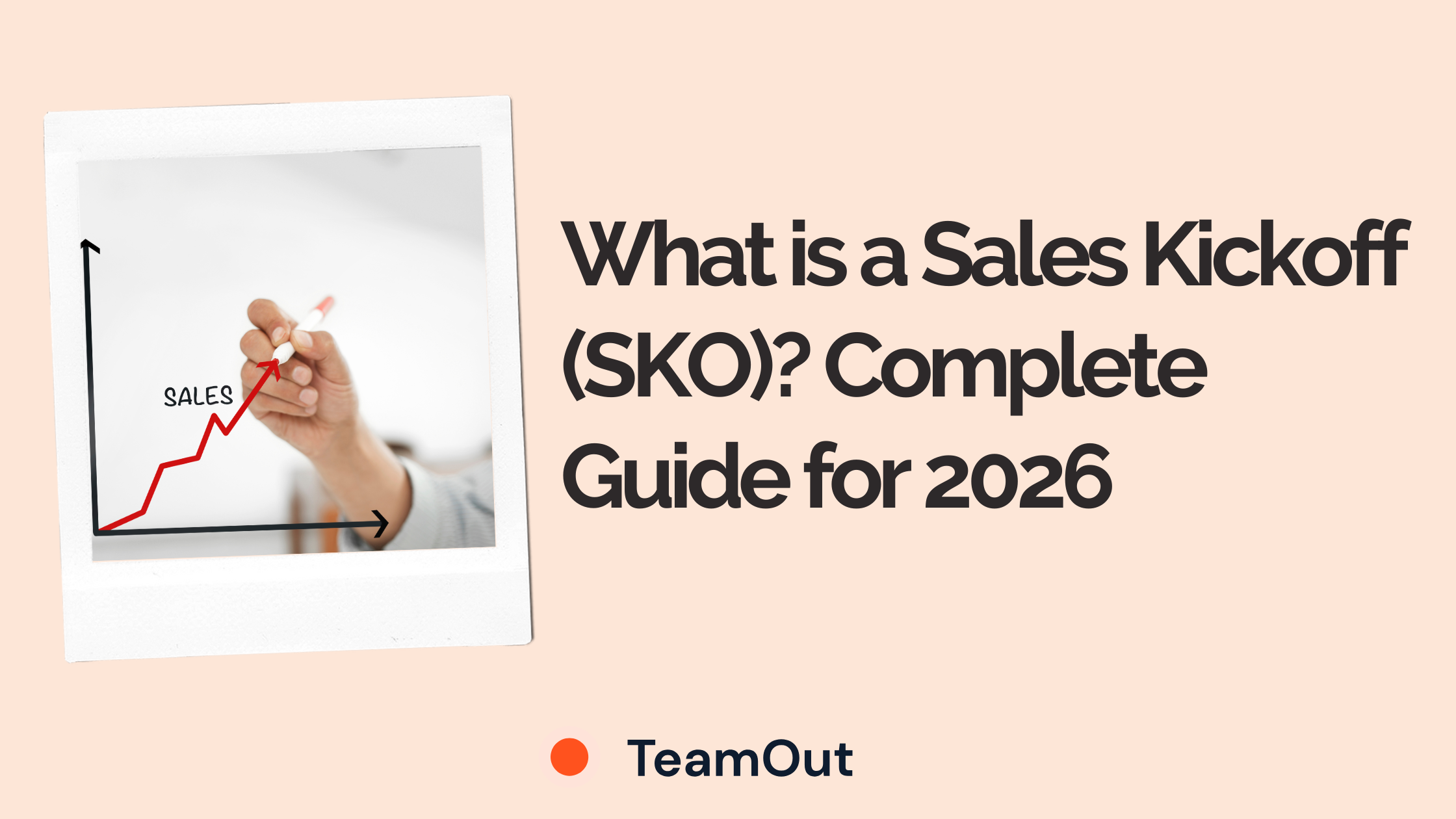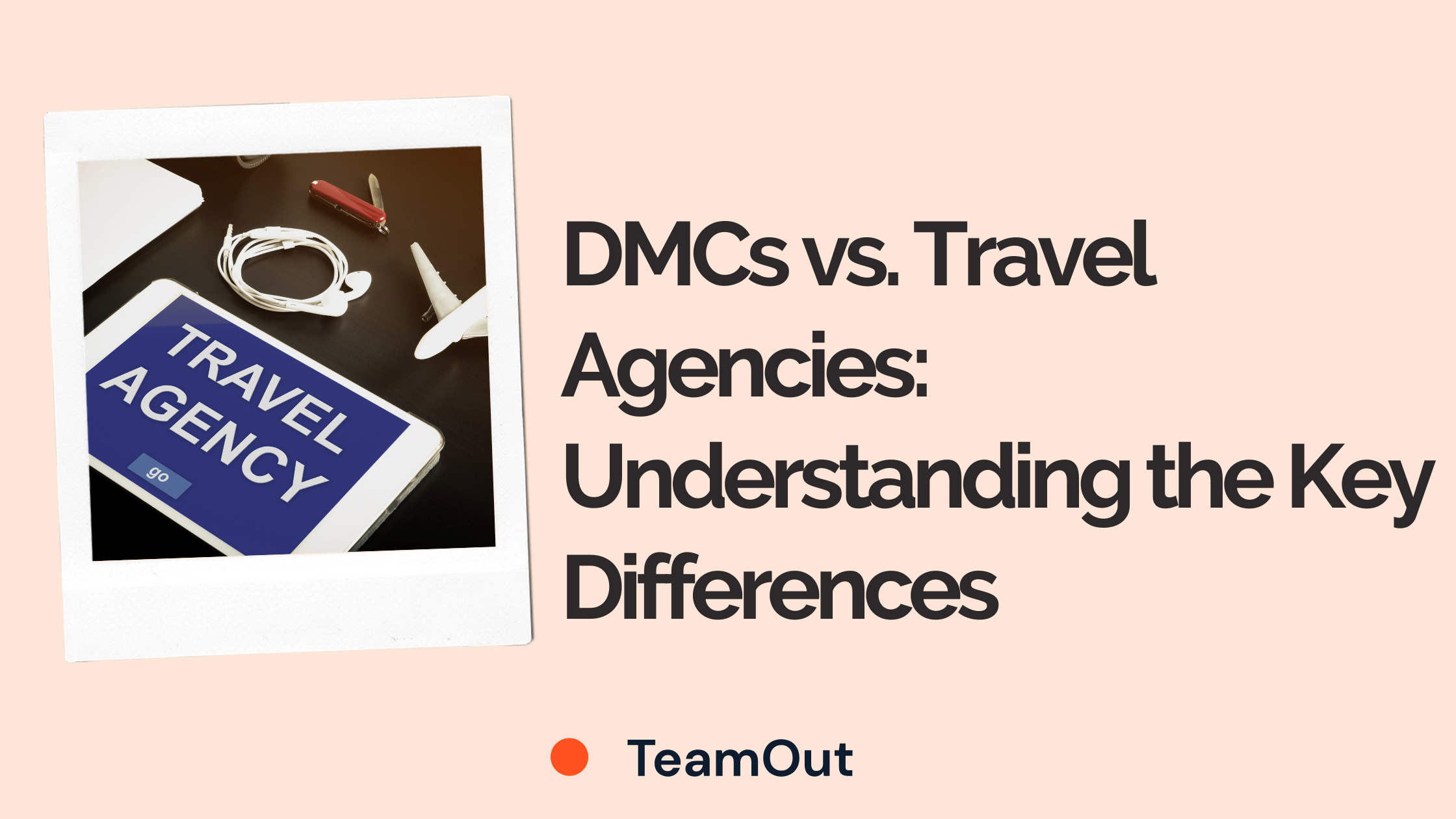Organizing an off-site event is a thrilling opportunity to rejuvenate team dynamics, encourage creativity, and foster collaboration. However, amidst the excitement, one formidable challenge often emerges—the delicate task of respecting the event budget. For instance, imagine planning a weekend retreat for a company's employees. The allure of creating an extraordinary experience, such as arranging team-building activities, workshops, and gourmet meals, can sometimes clash with the constraints of a pre-established budget. Here, the excitement to provide a luxurious experience can test the boundaries of the financial plan. In this article, we'll delve into the intricate reasons behind the difficulty in maintaining a budget during off-site event planning and explore a range of strategies to effectively mitigate these challenges.
Understanding the Budget Conundrum
Unforeseen Costs
The road to a successful off-site event can be paved with unexpected costs that appear seemingly out of nowhere. Consider the case of organizing a company-wide conference. Unforeseen expenses—such as additional AV equipment, venue setup fees, or transportation adjustments—can strain even the most comprehensive budget plans. For example, discovering that the chosen venue charges additional fees for technical support and Wi-Fi services might put undue pressure on the budget, highlighting the importance of thorough budget preparation and contingency planning.

Diverse Needs and Preferences
A team comprises a diverse group of individuals, each with their unique preferences and requirements. Let's take the example of planning an off-site for a multinational team. Catering to these distinct needs can significantly impact the budget, as the cost of providing diverse meal options might exceed initial estimates. If team members have various dietary restrictions or cultural preferences, accommodating these variations could lead to unforeseen expenses. The challenge lies in balancing the desire to accommodate everyone while adhering to the financial boundaries, requiring creative solutions that satisfy diverse preferences without overextending the budget.
Quality vs. Cost
Striking a balance between delivering a high-quality event and adhering to budget limitations can be a tightrope walk. Consider the scenario of organizing an executive off-site for a client. While organizers aim to create memorable experiences, cutting corners to save costs may compromise the overall quality and impact of the event. In such situations, the challenge is to identify areas where cost optimization can take place without diminishing the overall quality of the experience. For instance, opting for a slightly smaller, more intimate venue can allow for a more luxurious experience within the available budget.
Strategies to Tackle Budget Challenges

1. Thorough Research
Robust research forms the bedrock of a well-managed budget. Before finalizing any decisions, delve into the specifics of potential venues, vendors, and service providers. For example, when selecting a venue for a team-building retreat, research not only the base rental cost but also inquire about any hidden fees associated with equipment setup, cleaning, or additional services. A real-life instance might involve researching various resorts and hotels, comparing their package offers, and understanding the nuances of what each package includes to prevent any unexpected costs later.
2. Clear Communication
Transparent communication among all stakeholders is essential. From the outset, establish open dialogue with team members, decision-makers, and vendors. For instance, if you're planning a company-wide retreat, communicate the budget limitations to all departments involved, ensuring that everyone is aware of the financial constraints. Openly discussing the budgetary boundaries can lead to creative solutions and alternative ideas that cater to the budget without sacrificing the event's objectives.
3. Contingency Fund
A prudent approach involves incorporating a contingency fund within the budget. This safety net is designed to handle unforeseen expenses that might arise during the planning process. Allocating a portion of the budget to address unexpected costs can prevent these surprises from derailing the entire event. Consider a scenario where transportation delays due to unforeseen weather conditions result in additional overnight stay expenses for attendees. Having a contingency fund can absorb such unforeseen costs without disrupting the overall budget.
4. Prioritization
Define the core elements of the off-site event that are aligned with its overarching objectives. By identifying these focal points, you can allocate a larger portion of the budget to ensure their successful execution. Let's say you're organizing a leadership retreat. Prioritize key activities like leadership training sessions and team-building exercises that directly contribute to achieving the retreat's goals. This approach provides a cushion, allowing for adjustments in other areas without compromising the event's primary goals.

5. Negotiation Skills
Negotiation is a valuable skill when it comes to budget management. Leverage your event's potential to secure favorable rates from venues, vendors, and service providers. Demonstrating the value of repeated business or referrals can often lead to cost-saving negotiations that align with your budget. For instance, when negotiating with a hotel for accommodations, highlight the potential for future company events to secure a discounted rate.
6. Centralized Planning
The coordination of off-site event planning can be intricate, involving multiple stakeholders with varying opinions and preferences. To streamline the decision-making process and ensure budget adherence, consider centralizing the planning under a single point of contact. For example, designate a dedicated event manager who collaborates with departments to make decisions, ensuring that choices align with the overall budget and objectives.
7. Technology and Tools
Modern technology provides an array of tools to aid budget tracking and management. Utilize specialized software to monitor expenses in real time, track invoices, and maintain an accurate record of all financial transactions. These tools offer a comprehensive view of your budget status and facilitate timely adjustments if necessary. For instance, using budgeting software can help you visualize how expenses are distributed across different categories and make informed decisions.
8. Feedback Loop
The conclusion of an off-site event marks the beginning of a new phase—evaluation. Encourage team members to provide feedback on their experiences. Insights into what worked well and areas that might need improvement can significantly inform future budget allocations. This feedback loop ensures that subsequent events strike a better equilibrium between expenses and outcomes. After a team-building workshop, gathering feedback on activities, accommodations, and overall satisfaction can guide your budget allocation for future workshops.
The quest to respect a budget while orchestrating an off-site event is a multifaceted challenge that demands meticulous planning, strategic insight, and effective communication. Acknowledging the intricate web of factors contributing to budgetary hurdles is the first step toward surmounting them. By applying a combination of research, negotiation, prioritization, and open communication, organizers can navigate the financial landscape with greater confidence. Striking a harmonious balance between creating remarkable experiences and adhering to budget constraints ensures the long-lasting success and sustainability of off-site events that leave an indelible mark on participants' minds.


















